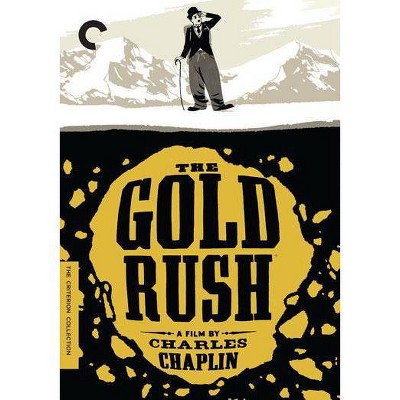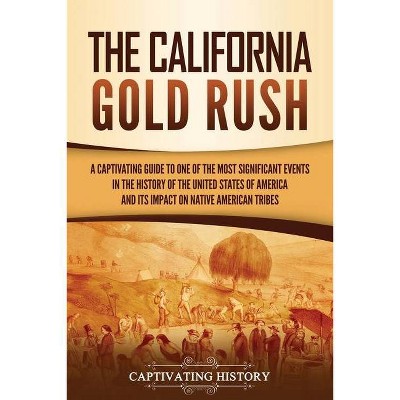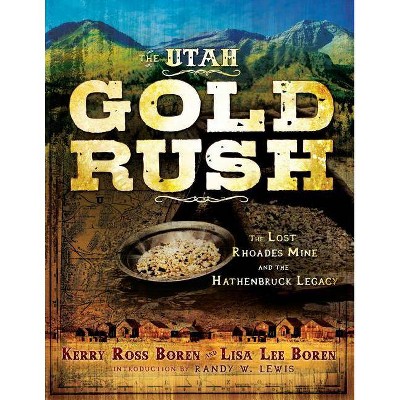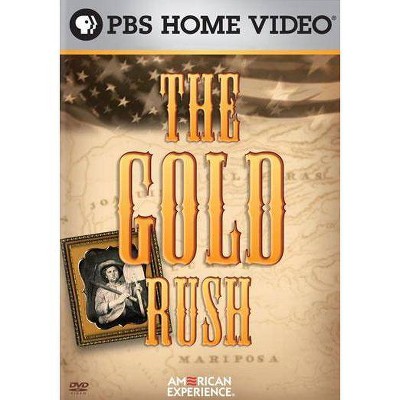The Georgia Gold Rush - by David Williams (Paperback)
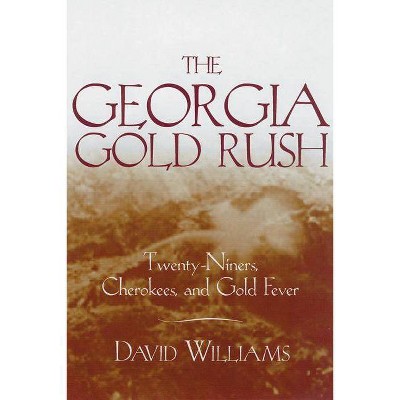
Similar Products
Products of same category from the store
AllProduct info
<p/><br></br><p><b> About the Book </b></p></br></br><p>The definitive story of Georgia's role in the first U.S. gold rush</p><p/><br></br><p><b> Book Synopsis </b></p></br></br><p>In the 1820s a series of gold strikes from Virginia to Alabama caused such excitement that thousands of miners poured into the region. This southern gold rush, the first in U.S. history, reached Georgia with the discovery of the Dahlonega Gold Belt in 1829. The Georgia gold fields, however, lay in and around Cherokee territory. In 1830 the State of Georgia extended its authority over the area, and two years later the land was raffled off in a lottery. Although they resisted this land grab through the courts, the Cherokees were eventually driven west along the Trail of Tears into what is today northeastern Oklahoma.</p><p>The gold rush era survived the Cherokees in Georgia by only a few years. The early 1840s saw a dramatic decline in the fortunes of the southern gold region. When word of a new gold strike in California reached the miners, they wasted no time in following the banished Indians westward. In fact, many Georgia twenty-niners became some of the first California forty-niners.</p><p>Georgia's gold rush is now almost two centuries past, but the gold fever continues. Many residents still pan for gold, and every October during Gold Rush Days hundreds of latter-day prospectors relive the excitement of Georgia's great antebellum gold rush as they throng to the small mountain town of Dahlonega.</p><p/><br></br><p><b> From the Back Cover </b></p></br></br>In the 1820s a series of gold strikes from Virginia to Alabama caused such excitement that thousands of miners from all parts of the United States poured into the region. This Southern gold rush, the first in U.S. history, reached Georgia with the discovery of the Dahlonega Gold Belt in 1829. Said Benjamin Parks, one of Georgia's first twenty-niners: "The news got abroad, and such excitement you never saw. It seemed within a few days as if the whole world must have heard of it, for men came from every state I had ever heard of. They came afoot, on horseback and in wagons, acting more like crazy men than anything else. All the way from where Dahlonega now stands, to Nuckollsville there were men panning out of the branches and making holes in the hillsides". As it happened, the Georgia gold fields were found to lie in and around Cherokee territory. In 1830 Georgia extended its authority over the area, and two years later the land was raffled off in a lottery. Although they resisted this land grab through the courts, the Cherokees were eventually driven west on the Trail of Tears into what is today northeastern Oklahoma. The gold rush era survived the Cherokees in Georgia by only a few years. The early 1840s saw a dramatic decline in the fortunes of the Southern gold region. When word of a new gold strike in California reached the miners, they wasted no time in following the banished Indians westward. In fact, many Georgia twenty-niners became some of the first California forty-niners. Georgia's gold rush is now almost two centuries past, but gold fever continues. Many residents still pan for gold, and every October during Gold Rush Days hundreds of latter-day prospectors reliving theexcitement of Georgia's great antebellum gold rush throng to the small mountain town of Dahlonega.<p/><br></br><p><b> Review Quotes </b></p></br></br><br><p>Concise, well written, built on a mountain of primary sources.</p>-- "Atlanta History"<br><br><p>The Georgia Gold Rush does bring together in a single, very readable narrative the secondary and printed primary materials on this subject, with important emphasis on Native Americans and other overlooked aspects of this story.</p>-- "Georgia Historical Quarterly"<br><br><p>This book will serve as the standard reference on the subject.</p>-- "North Carolina Historical Review"<br><p/><br></br><p><b> About the Author </b></p></br></br><p>A professor of history at Valdosta State University, <b>David Williams</b> received his Ph.D. in history from Auburn University in 1988. The author of numerous articles on Georgia history, the Old South, Appalachia, and the Civil War, Williams is the author of <i>Rich Man's War: Class, Caste, and Confederate Defeat in the Lower Chattahoochee Valley</i> and <i>Johnny Reb's War: Battlefield and Homefront</i> and the coauthor of <i>Gold Fever: America's First Gold Rush</i> and <i>Plain Folk in a Rich Man's War: Class and Dissent in Confederate Georgia.</i></p>
Price History
Cheapest price in the interval: 17.29 on November 8, 2021
Most expensive price in the interval: 17.29 on December 20, 2021
Price Archive shows prices from various stores, lets you see history and find the cheapest. There is no actual sale on the website. For all support, inquiry and suggestion messages communication@pricearchive.us
